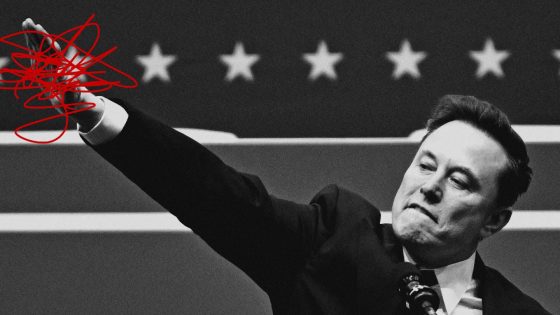On January 20, 2025, Elon Musk was filmed making a gesture at President Donald Trump’s inauguration rally that some observers interpreted as a Nazi salute. The incident sparked significant debate online, with defenders claiming he was simply expressing gratitude to the audience. Critics noted the gesture’s resemblance to a notorious salute associated with the Nazis, raising concerns about its implications in today’s political climate.
- Fifth graders misunderstood Nazi gestures.
- Musk's salute sparked widespread controversy.
- Context shapes perception of gestures.
- Communication failures lead to misunderstandings.
- Public reactions can overshadow intentions.
- Media narratives influence public opinion.
The context surrounding Elon Musk’s actions is crucial for understanding public reactions. His gesture occurred during a politically charged event where Trump supporters were present. Many viewers noted that Musk’s arm movement closely mirrored gestures historically linked to Nazi propaganda, prompting discussions about intent versus perception in political communication.
Key details regarding the incident include:
- Date: January 20, 2025
- Location: Trump’s inauguration rally
- Musk’s statement: “My heart goes out to you!” made after the gesture
The Anti-Defamation League commented on the situation by stating that while they did not believe Musk intended to perform a Nazi salute, they acknowledged heightened sensitivities around such gestures today. This incident has reignited debates about how public figures communicate and the responsibility they bear for their actions.
This controversy highlights broader societal issues regarding symbolism and historical awareness in modern discourse. As social media amplifies reactions instantly, public figures must navigate their expressions carefully to avoid misunderstandings that can lead to significant backlash.
The incident involving Elon Musk serves as a reminder of how easily gestures can be misconstrued in today’s digital age. Whether intentional or not, such actions can have lasting effects on public perception and dialogue surrounding sensitive historical contexts.

































